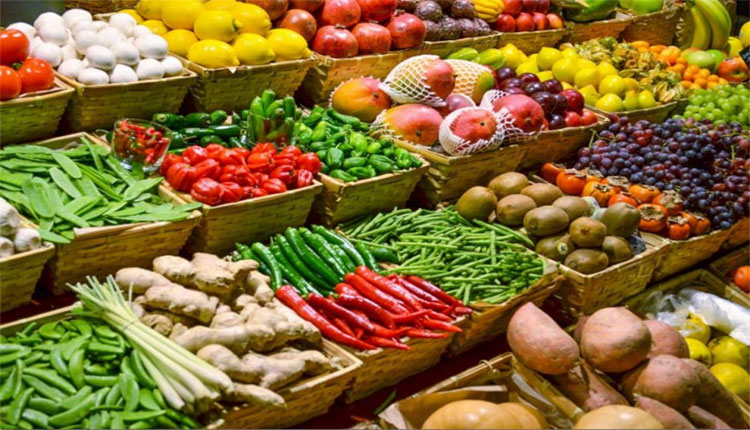New Delhi: While overall inflation in the country remains controlled, the price of food items has seen a significant uptick in recent months, prompting concern from the Reserve Bank of India (RBI). In a recent report, RBI Deputy Governor M.D. Patra highlighted that although the central bank’s monetary policy has been effective in managing the broader inflation rate, the rising cost of food is posing recurrent challenges.
Deputy Governor Patra emphasised that if food inflation continues to rise, a more cautious approach will be required when framing monetary policy. “If the situation with food inflation worsens, it will be challenging to keep overall inflation in check,” he said. Patra reiterated that monetary policy plays a crucial role in driving economic progress while keeping inflation stable. Adjustments to this policy may be necessary to mitigate the impact of rising food prices.
The report underscored that food inflation remained above 6% for 57% of the months between June 2020 and June 2024, highlighting the volatility in this segment. The prices of essential items like vegetables and fruits have surged recently due to extreme weather conditions, including intense heat and unpredictable rains. These fluctuations have led to persistent food price inflation, affecting the everyday lives of ordinary citizens.
The report attributes part of this volatility to climate change, noting that erratic monsoon patterns and severe heatwaves have become more frequent since 2020. Food inflation averaged 6.3% between 2020 and 2024, compared to just 2.9% between 2016 and 2020. This stark increase calls for serious consideration in upcoming monetary policy reviews.
As the RBI prepares for its next policy meeting, the ongoing challenge of balancing inflation control with economic growth is likely to take centre stage. The central bank’s focus on addressing food inflation underscores the importance of maintaining price stability amid growing environmental and market uncertainties.



Comments are closed.